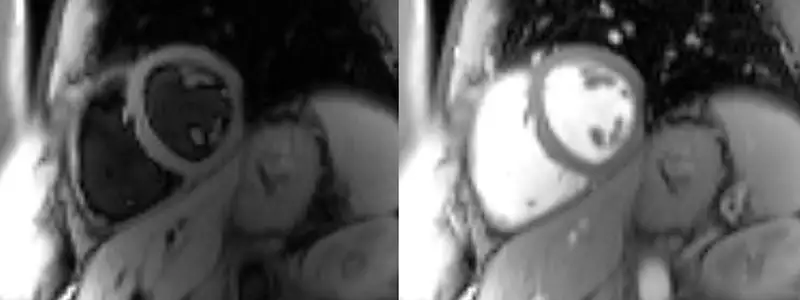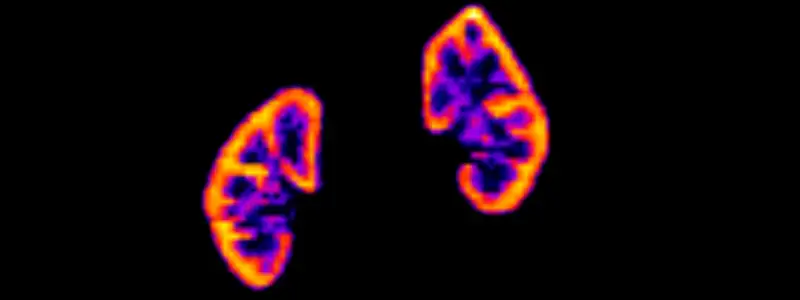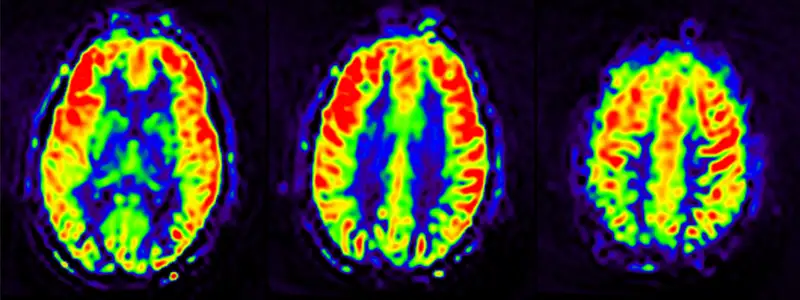Biomedical Imaging Laboratory
"We work in translational research projects, developing advanced MRI techniques and evaluating their use for disease diagnosis and characterization".
Research at the Biomedical Imaging Laboratory is aimed at developing and applying quantitative magnetic resonance imaging (MRI) techniques.
The laboratory is composed of a group of engineers working in close collaboration with radiologists and clinicians from several departments, including neurology, psychiatry, and nephrology.
A major focus of our research is the optimization of Arterial Spin Labeling (ASL) methods. ASL is an MRI technique that employs the water in arterial blood as endogenous tracer to allow quantification of tissue perfusion. Initially, this technique was developed to measure brain perfusion and after more than two decades of technical developments and optimization, it has become a robust and repeatable method that allows brain perfusion measurements both in healthy individuals and patients.
Due to its non-invasive character and its promising results, we are investigating the use of ASL in other organs such as heart and kidney.
The laboratory is also involved in translational projects where the potential for application of advanced imaging methods to patient care (early diagnosis and follow up of disease progression) is evaluated. In particular, in collaboration with the neurology department we have investigated imaging biomarkers of cognitive impairment in the early phases of Alzheimer’s disease, and in collaboration with nephrology we are evaluating the role of perfusion imaging in the diagnosis and management of diabetic nephropathy and kidney transplantation.
More recently we have started to work in a new research line aiming at measuring cerebrovascular reactivity in brain tumors.
The laboratory has received funding from the Spanish Ministry of Science and the Government of Navarra.

Do you need us to help you?
Contact us and request more information.
Application of advanced imaging techniques to patient care

Cardiac Imaging
Myocardial Blood Flow (MBF) is an important index of ischemic heart disease. The goal is to develop a new imaging technique to quantify myocardial perfusion and to translate this technique from healthy to patient-oriented studies.

Renal Imaging
The main purpose of our research is to provide a non-invasive multiparametric imaging technique to detect functional changes and characterize the renal disease.

Neurological imaging
The aim of this research is to evaluate the possibility of using cerebral perfusion measured using Arterial Spin Labeling MRI as a biomarker in the diagnosis of Alzheimer’s disease.





